Search by Category

Beyond the PACT Act: Addressing the Legacy of Toxic Exposure at Military Installations
On April 8, the House VA DAMA Subcommittee hosted a roundtable with veterans and advocates to raise awareness of the often-overlooked toxic exposures affecting servicemembers and their families.
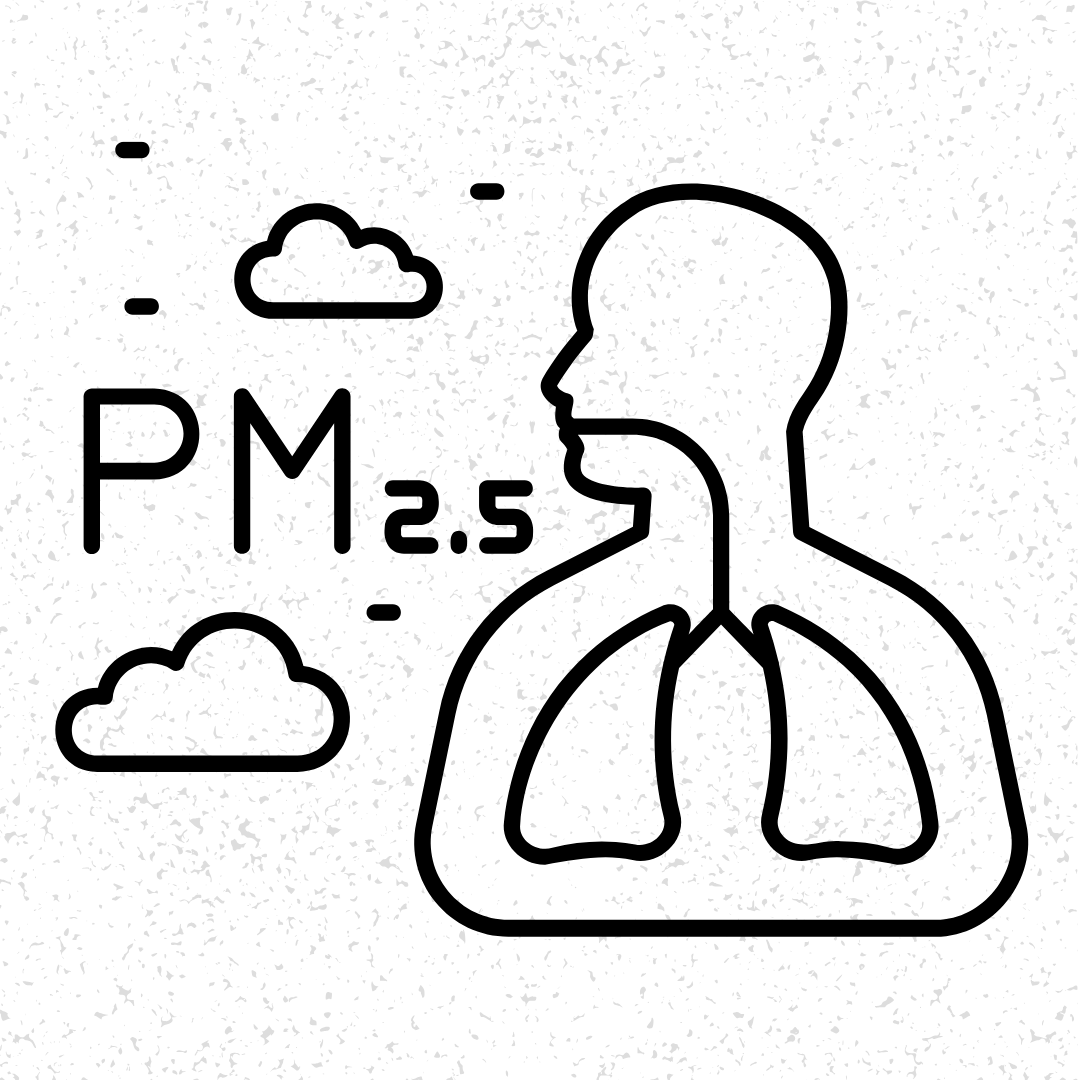
New VA Presumptive Service Connections - Blood, Bladder, and Genitourinary Cancers
On January 8, 2025, the the Department of Veterans Affairs announced new presumptive service connection for acute and chronic leukemias, multiple myelomas, myelodysplastic syndromes, myelofibrosis, bladder cancer, ureter, and related genitourinary cancers due to exposure to Fine Particulate Mater (PM2.5.)
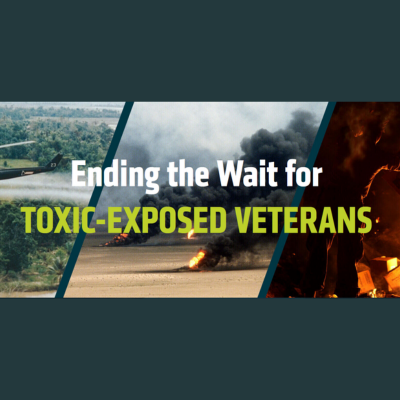
Ending the Wait
For over a century, U.S. service members have battled health issues linked to toxic exposures, from mustard gas in World War I to burn pits in Iraq and Afghanistan. Despite efforts by the Department of Veterans Affairs and Congress to streamline benefits, many veterans still face significant delays in accessing the care they need. The recent report by Disabled American Veterans (DAV) and the Military Officers Association of America (MOAA) reveals an alarming average wait time of 34.1 years for the VA to recognize these exposures as linked to health conditions. Their recommendations aim to reform the claims process and ensure timely support for all affected veterans. It's time for Congress and the VA to act decisively and leave no veteran behind.
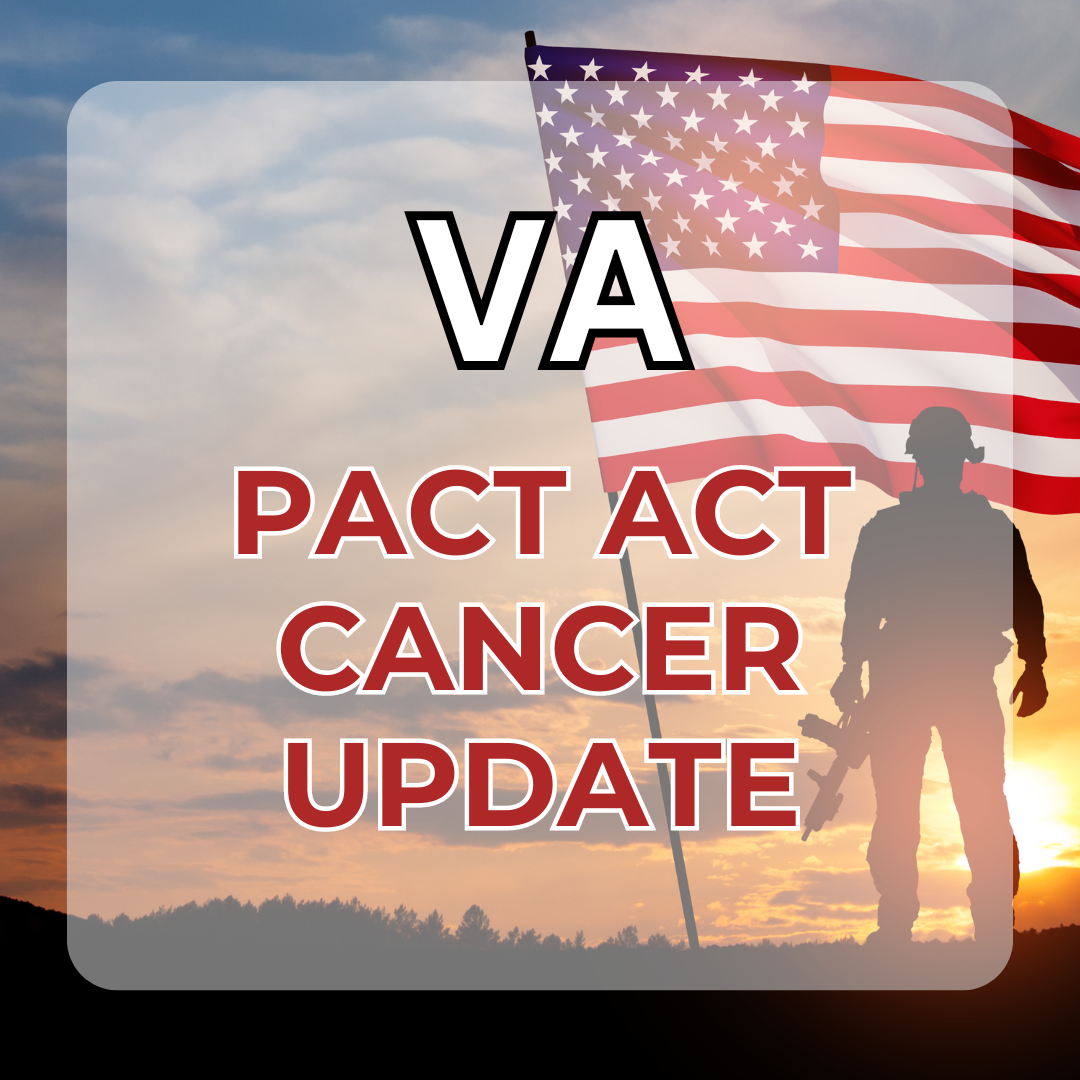
Update to PACT Act Presumptive Cancers
The Department of Veterans Affairs updated its policies to include three more cancers classified as reproductive cancers under the PACT Act.

DOD Aviation Cancer Study: Phase 1B Confirms Higher Cancer Rates
In February 2023, the Department of Defense (DOD) unveiled Phase 1A of a groundbreaking study on military aviation cancer rates, uncovering alarming trends of elevated cancer incidences among both air and ground crew members. In response to certain data gaps, Phase 1B was conducted, incorporating Department of Veteran Affairs and state cancer data. This supplemental data further validates the initial findings and requires the DOD to initiate a Phase 2.

Huge VA Healthcare Expansion for Veterans Affected by Toxic Exposure
The VA announces a monumental expansion of VA healthcare for Veterans affected by toxic exposure. Starting March 5, 2024, all eligible Veterans, including those exposed to hazards during service, gain direct access without the need to apply for benefits. This historic move accelerates and expands care, bringing millions of Veterans access to lifelong VA healthcare.
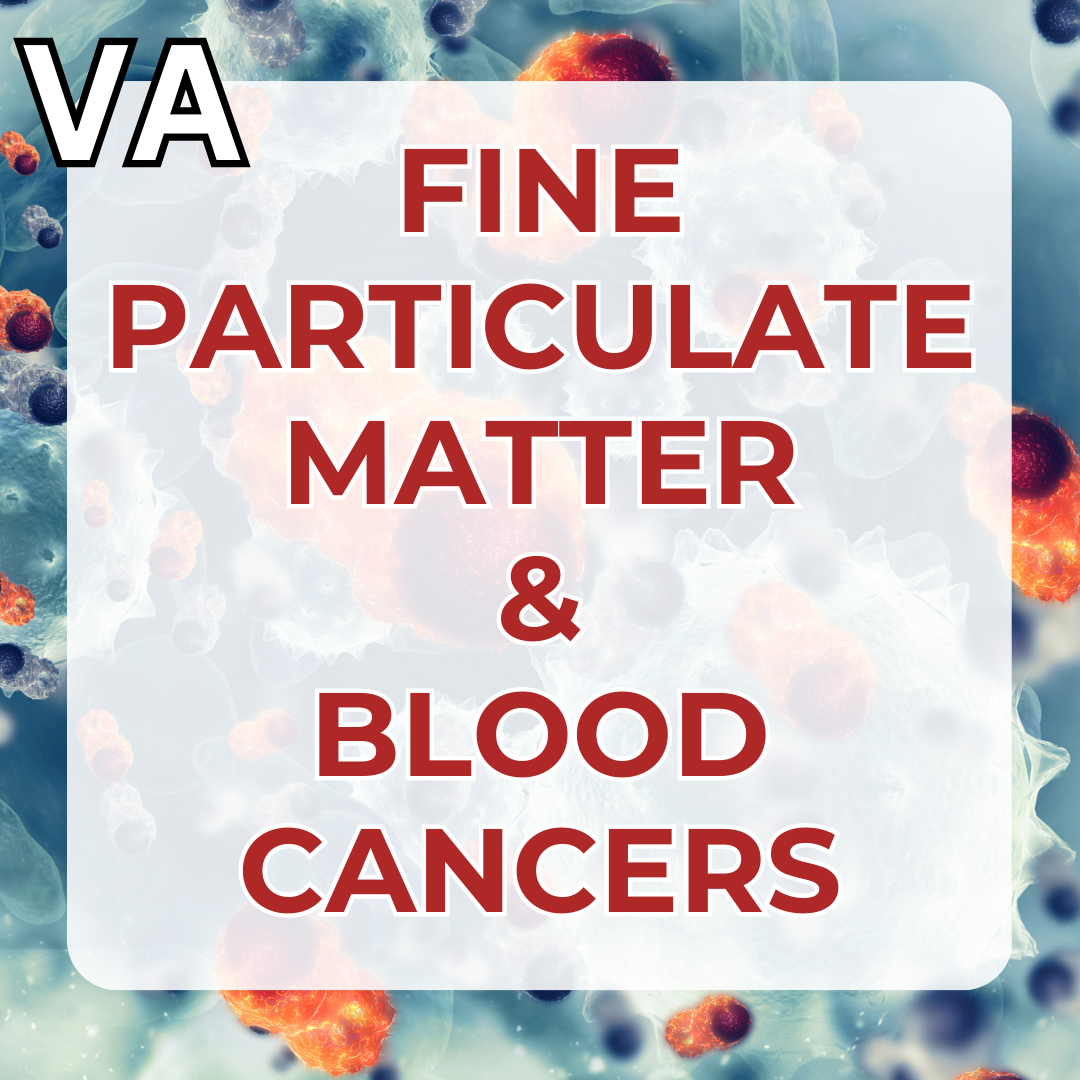
VA’s First Formal Evaluation Under the New Presumptive Process
The VA proposes its first formal evaluation under the new presumptive process, investigating connections between fine particulate matter (PM2.5) exposure and blood cancers. Delve into public commentary, opinions by VFEA cofounders, and commentary from VA leadership.
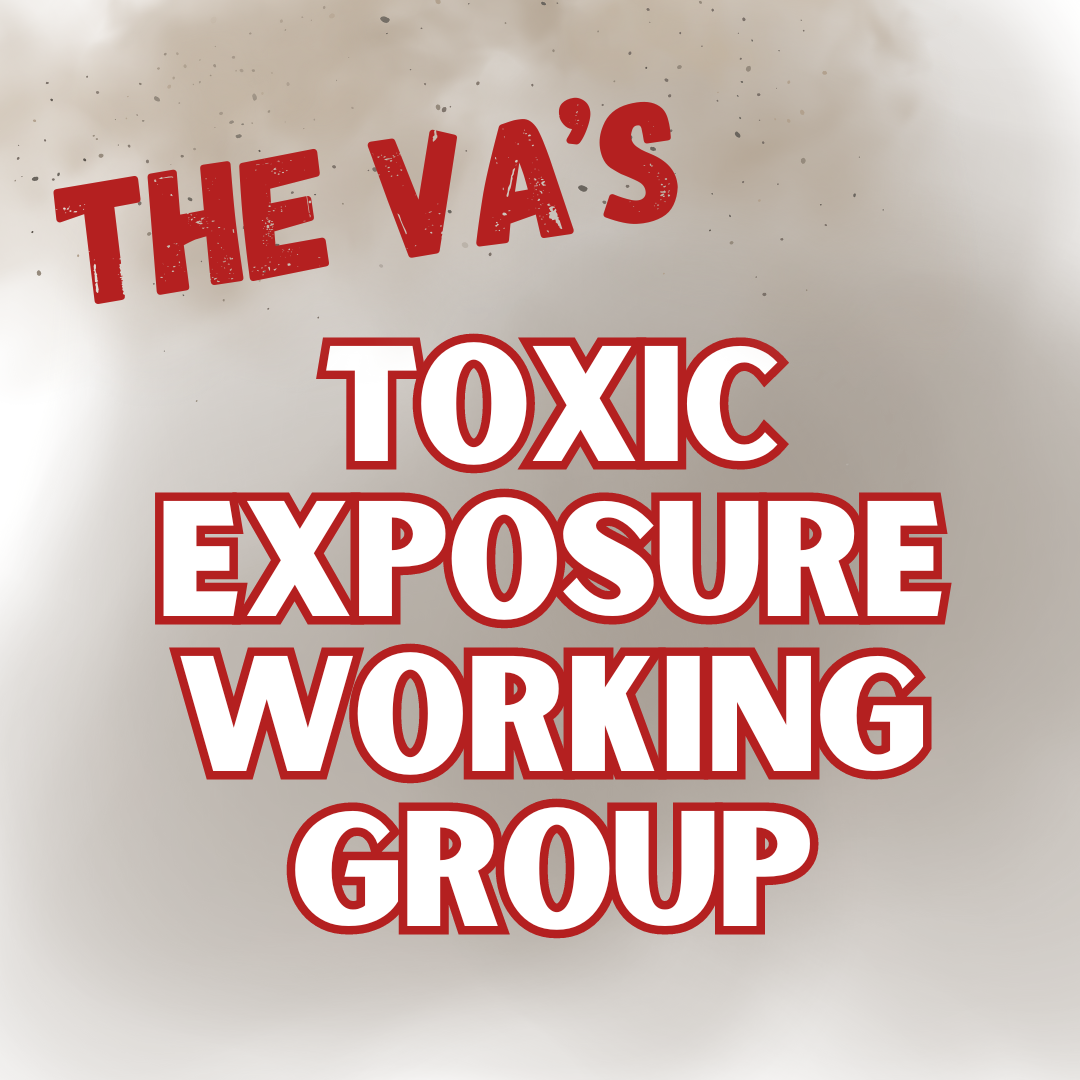
The VA’s New Toxic Exposure Working Group
Learn about the VA’s new Toxic Exposure Working Group, otherwise known as the Military Environmental Exposure Sub-Council (MEESC), tasked with investigating the impacts of toxic exposure on our nations veterans and their dependents.
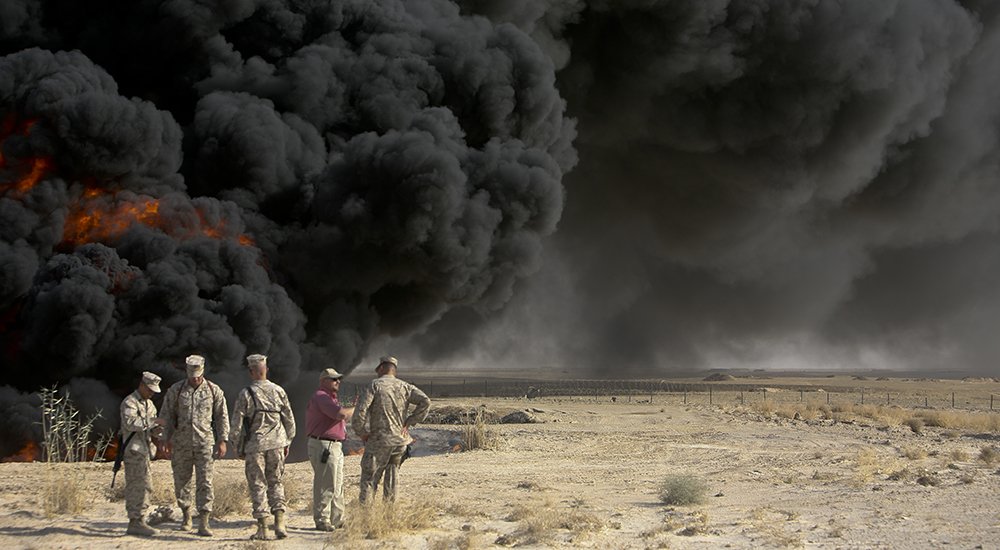
The PACT Act
Unpack the transformative PACT Act of 2022, revolutionizing support for veterans exposed to toxic pollutants in the Middle East and Southwest Asia theater of operations. Explore eligibility criteria, new presumptive conditions, and broader impacts of this groundbreaking legislation.

NAF Atsugi Incinerator - VA Inaction
Fueled by alarming anecdotal health trends in the NAF Atsugi population, VFEA takes a closer look at the actions of the Department of Veterans Affairs following the incinerator exposure. We delve into apparent gaps in the VA’s response and inconsistencies of the messaging that there is "currently no definitive scientific evidence to show that living at NAF Atsugi while the incinerator operated caused additional risk for disease.”

DOD Study Reveals Cancer Incidence and Mortality Rates in Military Aircrew and Ground Crew
A recent study has shed light on the cancer risks faced by military aircrew and ground crew members. Spanning the years from 1992 to 2017 and encompassing a staggering 4 million cancer cases, the study reveals distinctive patterns of cancer incidence and mortality rates of aviation veterans compared to the broader U.S. population.

VFEA Origins-NAF Atsugi Incinerator
From the search for answers to the birth of a non-profit organization. Discover the lesser known story of the Shinkampo Incinerator exposure at NAF Atsugi, Japan, affecting military families from 1980 to 2001. Join the movement for increased awareness, education, and support for military and veteran families grappling with the long-term effects of toxic exposures.
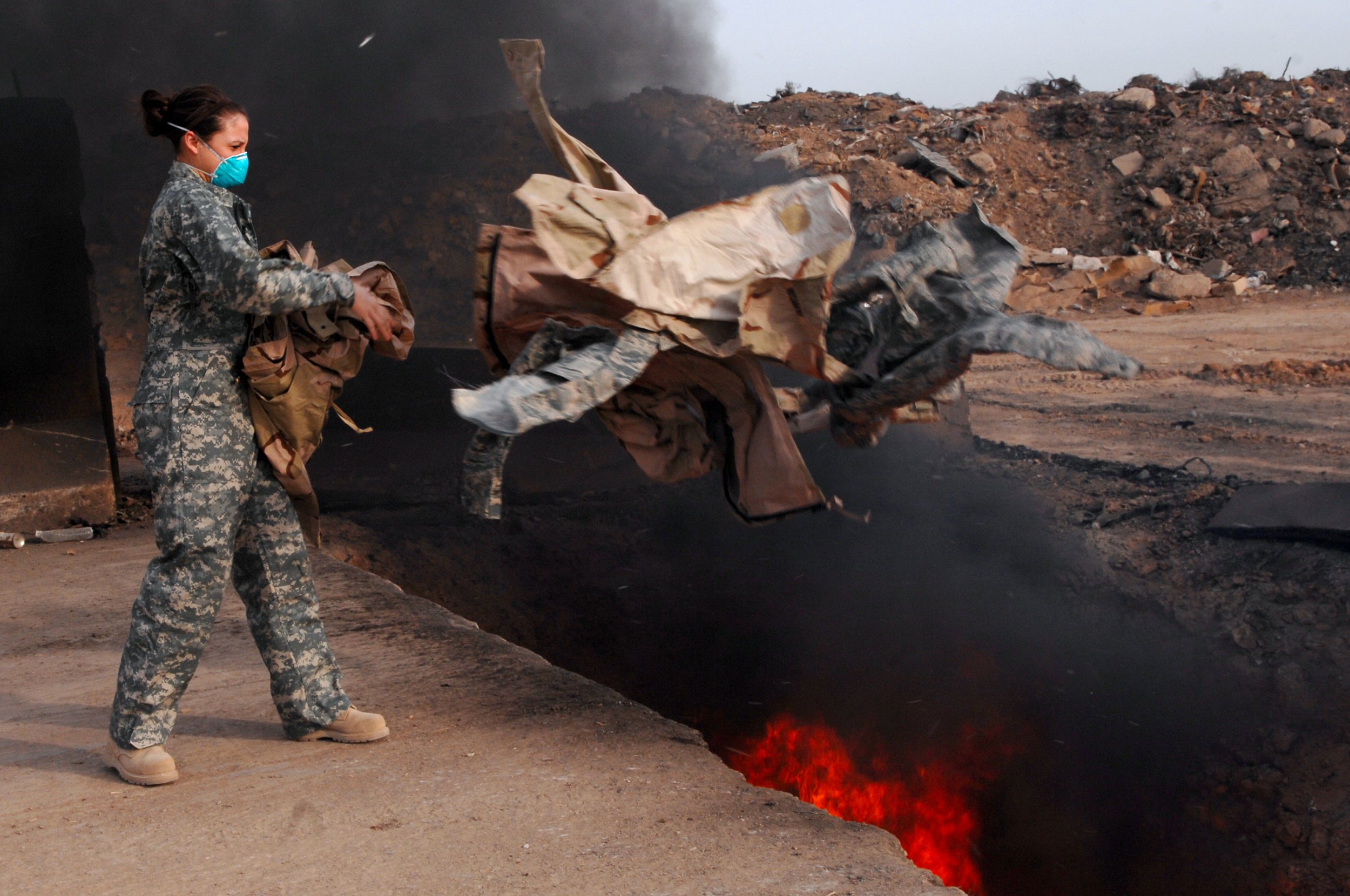
VA Presumptions - Fine Particulate Matter
The VA has instituted presumptive conditions linked to exposure to fine particulate matter at specific military service locations, encompassing chronic respiratory diseases and rare cancers. Learn more about the covered locations and timeframes governed by these presumptions and discover VFEA's take on why broader inclusion is justified in this crucial initiative.
